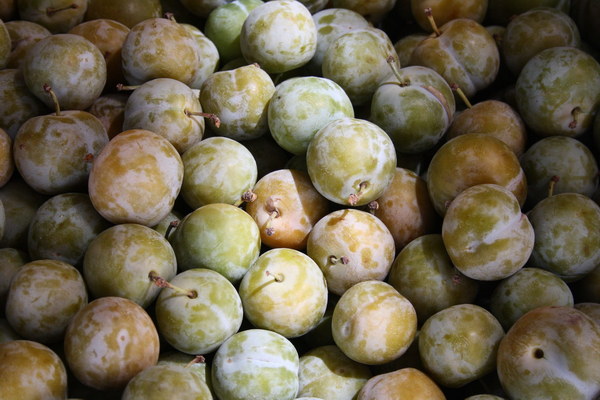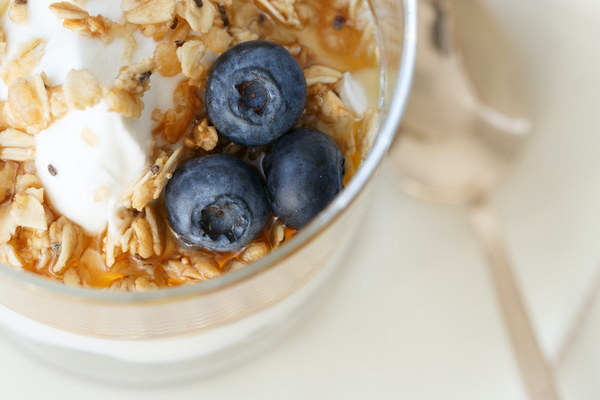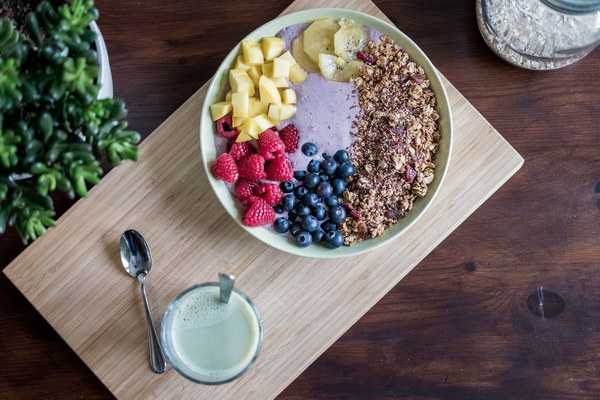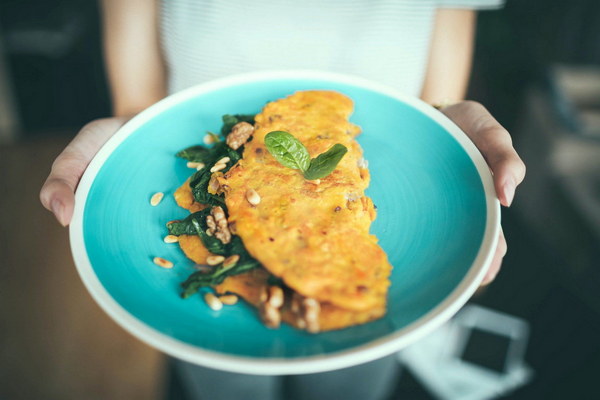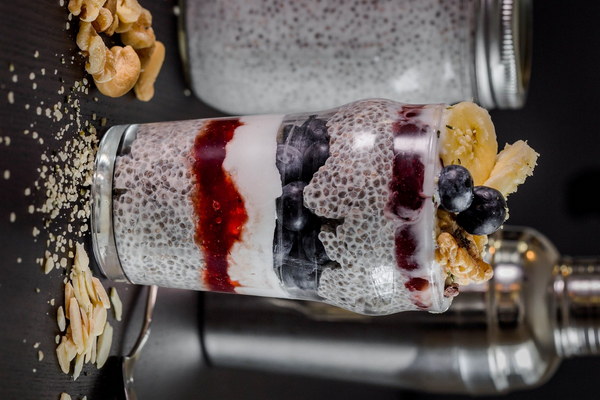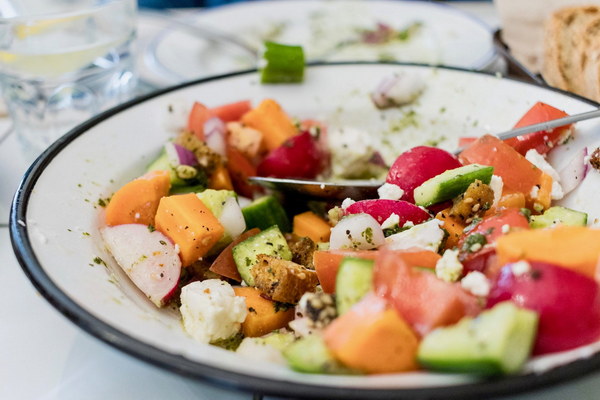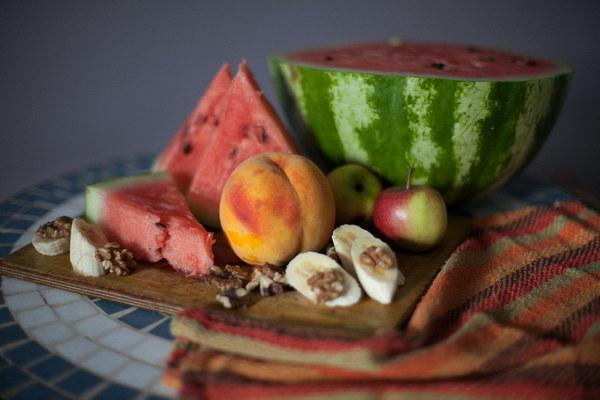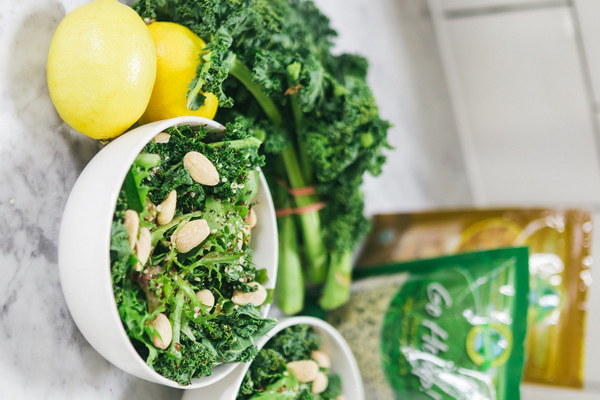Healing Your Spleen A Womans Guide to Nourishing the Stomach During Gastroenteritis
Gastroenteritis, an inflammation of the stomach and intestines, can be an uncomfortable and distressing experience. For women, taking care of their digestive health is crucial during this time. The spleen, an essential organ in the body responsible for immune function and blood filtration, also plays a significant role in digestion. Here's a comprehensive guide on how women can nourish their spleen and stomach during gastroenteritis.
1. Maintain a Balanced Diet
A balanced diet is essential for healing the stomach and spleen. Focus on incorporating the following foods into your meals:
- Lean proteins: Chicken, turkey, fish, and tofu are excellent sources of lean protein, which aid in muscle repair and immune function.
- Complex carbohydrates: Foods like whole grains, quinoa, and sweet potatoes provide energy and promote gut health.
- Healthy fats: Avocado, nuts, and seeds are rich in omega-3 fatty acids, which help reduce inflammation and support gut health.
- Fresh fruits and vegetables: These are packed with essential vitamins, minerals, and antioxidants that support overall health and boost the immune system.
2. Stay Hydrated
Drinking plenty of fluids is vital during gastroenteritis to prevent dehydration. Water, herbal teas, and broths are ideal choices. Avoid caffeine and alcohol, as they can further irritate the stomach and spleen.
3. Eat Small, Frequent Meals
Instead of consuming large meals, eat smaller, more frequent meals to ease the burden on your digestive system. This approach allows your stomach to process food more efficiently and reduces the risk of discomfort.
4. Incorporate Spleen-Supporting Foods
Certain foods are known to support spleen health and can aid in the healing process:
- Ginger: Known for its anti-inflammatory properties, ginger can help soothe the stomach and alleviate nausea.
- Green tea: Rich in antioxidants, green tea can boost the immune system and aid in digestion.
- Turmeric: This spice contains curcumin, a compound that has anti-inflammatory properties and can help reduce pain and swelling.
- Fermented foods: Probiotics found in fermented foods like yogurt, kefir, sauerkraut, and kimchi can promote gut health and support immune function.
5. Manage Stress
Stress can exacerbate gastroenteritis symptoms and impact spleen health. Practice stress-reducing techniques like deep breathing, meditation, yoga, or gentle exercise to keep your stress levels in check.
6. Get Adequate Sleep
Adequate sleep is crucial for overall health and healing. Aim for 7-9 hours of quality sleep each night to give your body the rest it needs to recover from gastroenteritis.
7. Consult a Healthcare Professional
If you're experiencing severe symptoms or have concerns about your health, consult a healthcare professional. They can provide personalized advice and recommend appropriate treatments.
8. Follow-Up with a Nutritionist

Once you've recovered from gastroenteritis, consider working with a nutritionist to develop a long-term plan for maintaining a healthy spleen and stomach. They can provide guidance on dietary adjustments and lifestyle changes to support your digestive health.
In conclusion, healing your spleen and stomach during gastroenteritis requires a comprehensive approach that includes a balanced diet, adequate hydration, stress management, and professional guidance. By following these tips, women can support their digestive health and promote a quicker recovery. Remember, taking care of your spleen and stomach is an ongoing process, and maintaining a healthy lifestyle is key to preventing future episodes of gastroenteritis.
